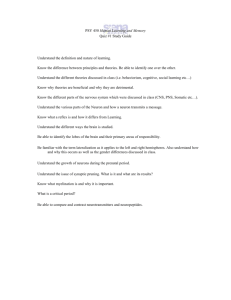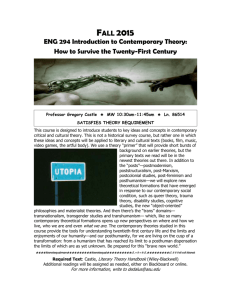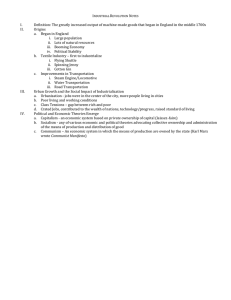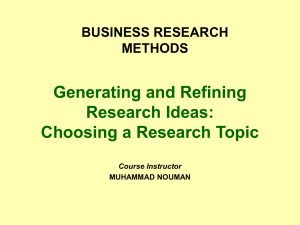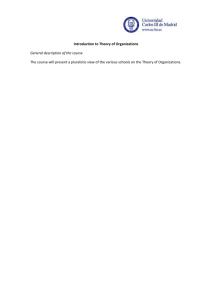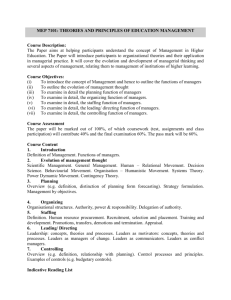Organization Theory and Organizational Behavior
advertisement
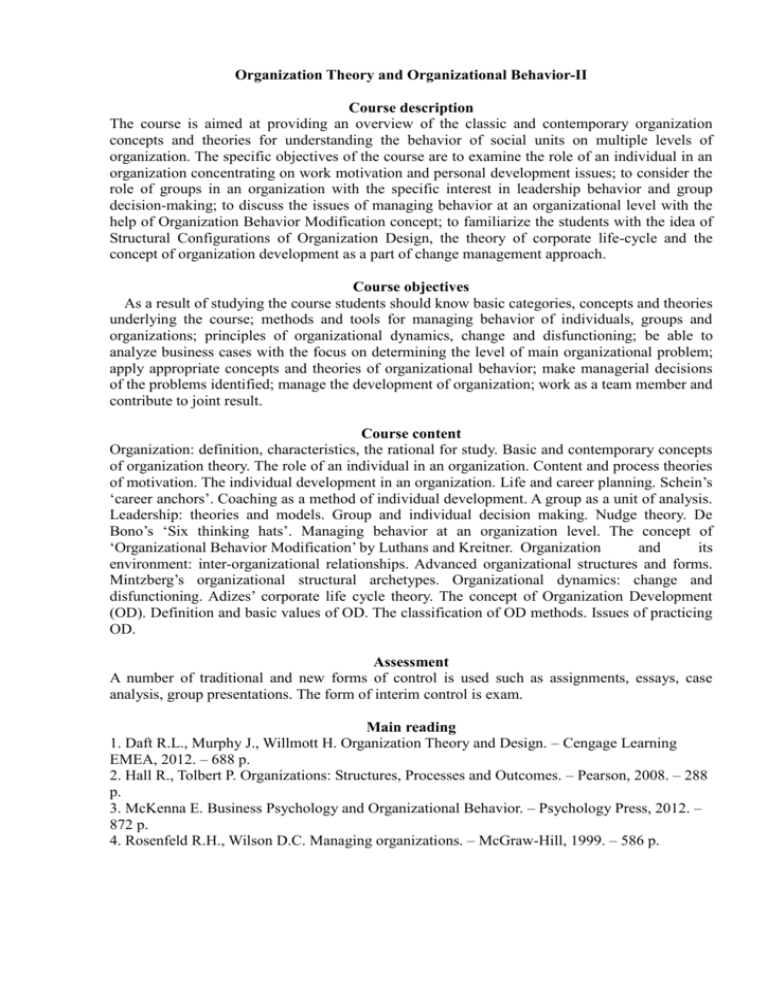
Organization Theory and Organizational Behavior-II Course description The course is aimed at providing an overview of the classic and contemporary organization concepts and theories for understanding the behavior of social units on multiple levels of organization. The specific objectives of the course are to examine the role of an individual in an organization concentrating on work motivation and personal development issues; to consider the role of groups in an organization with the specific interest in leadership behavior and group decision-making; to discuss the issues of managing behavior at an organizational level with the help of Organization Behavior Modification concept; to familiarize the students with the idea of Structural Configurations of Organization Design, the theory of corporate life-cycle and the concept of organization development as a part of change management approach. Course objectives As a result of studying the course students should know basic categories, concepts and theories underlying the course; methods and tools for managing behavior of individuals, groups and organizations; principles of organizational dynamics, change and disfunctioning; be able to analyze business cases with the focus on determining the level of main organizational problem; apply appropriate concepts and theories of organizational behavior; make managerial decisions of the problems identified; manage the development of organization; work as a team member and contribute to joint result. Course content Organization: definition, characteristics, the rational for study. Basic and contemporary concepts of organization theory. The role of an individual in an organization. Content and process theories of motivation. The individual development in an organization. Life and career planning. Schein’s ‘career anchors’. Coaching as a method of individual development. A group as a unit of analysis. Leadership: theories and models. Group and individual decision making. Nudge theory. De Bono’s ‘Six thinking hats’. Managing behavior at an organization level. The concept of ‘Organizational Behavior Modification’ by Luthans and Kreitner. Organization and its environment: inter-organizational relationships. Advanced organizational structures and forms. Mintzberg’s organizational structural archetypes. Organizational dynamics: change and disfunctioning. Adizes’ corporate life cycle theory. The concept of Organization Development (OD). Definition and basic values of OD. The classification of OD methods. Issues of practicing OD. Assessment A number of traditional and new forms of control is used such as assignments, essays, case analysis, group presentations. The form of interim control is exam. Main reading 1. Daft R.L., Murphy J., Willmott H. Organization Theory and Design. – Cengage Learning EMEA, 2012. – 688 p. 2. Hall R., Tolbert P. Organizations: Structures, Processes and Outcomes. – Pearson, 2008. – 288 p. 3. McKenna E. Business Psychology and Organizational Behavior. – Psychology Press, 2012. – 872 p. 4. Rosenfeld R.H., Wilson D.C. Managing organizations. – McGraw-Hill, 1999. – 586 p.




